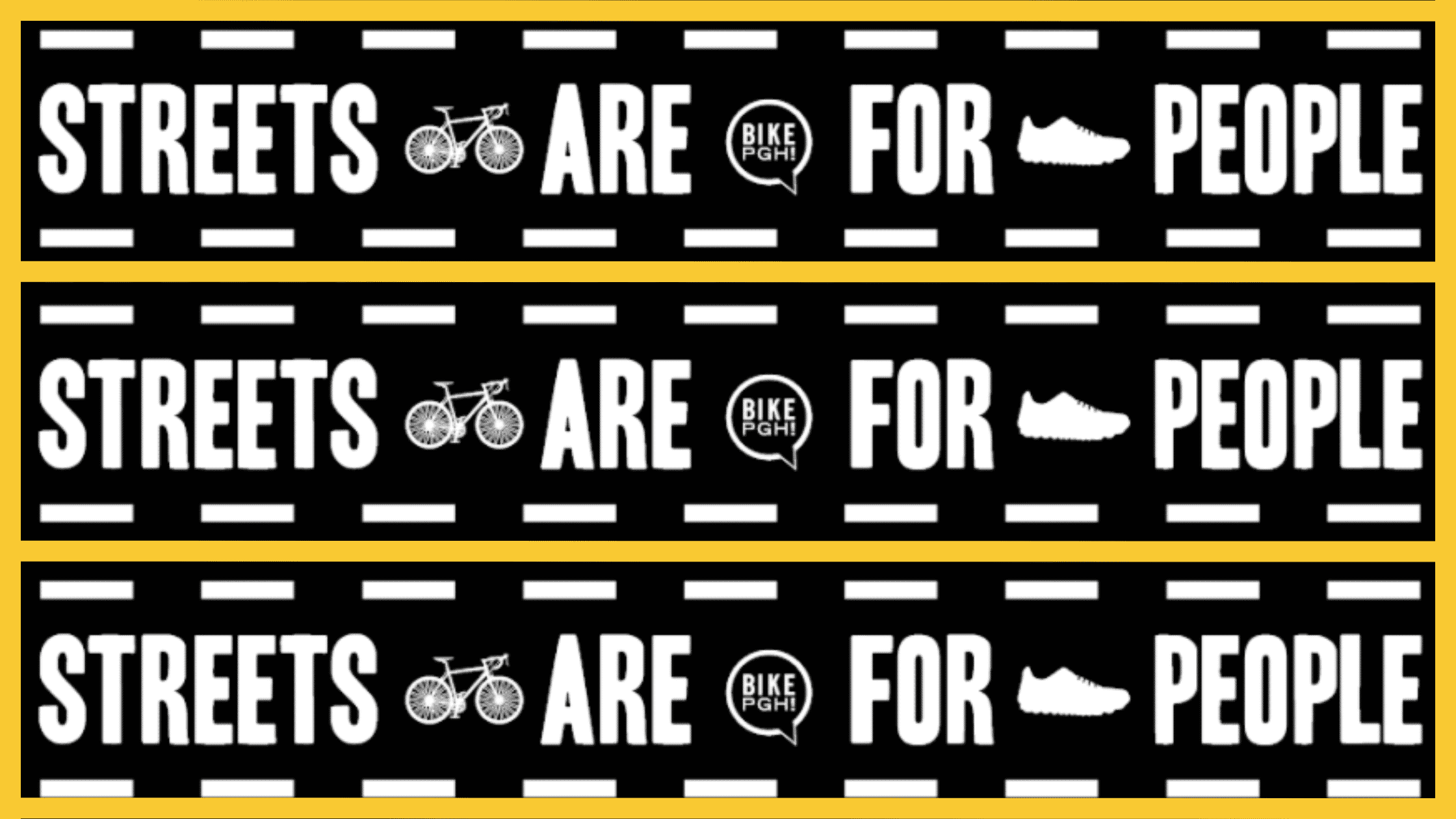
People are at the heart and soul of transportation justice
In this blog post, we are going to give a brief overview of why transportation justice matters. There will be a list of resources at the end to further dive into this topic, but it should be made clear as to why this issue matters in the first place.
First off, we need to define transportation justice. It can be defined as the equal access for all people to the transportation they need for a better quality of life in a way that is affordable, reliable, safe and connected. People are the heart and soul of transportation and to understand why transportation justice matters, one must first take to heart that people and their lives are what is at stake when we are talking about this issue.
Transportation justice can right the wrongs of the past
Inequities in transportation are caused by many things but can be boiled down to be the result of many institutions, organizations, systems, and people’s actions and inactions, over time, to make decisions that do not put people first, especially those who are the most affected by these decisions – people of color and low income folks. Over the years these decisions have clearly enabled some people to have better access to essentials like jobs, housing, and food and has segregated others from these same resources, systematically leaving them out of the same opportunities.
Because of this long standing history of institutionalized and racist inequalities, we must care about transportation justice to right the wrongs of the past and actively bring this issue to the forefront of decision making so that we do not perpetuate past injustices. We must ask questions about who is investing in transportation, how transportation policies are made, who makes them, and who is getting to decide and make the decisions around these issues.
Policy, Planning, and Design
Historically, people of color, this disabled and lower income communities have been conveniently left out of policy, planning, and design. Through actively working on transportation justice, policies that were put in place decades ago, can be changed to seek out justice, better ways of doing things and right the past. When working to make planning in transportation more just and equitable, being able to openly and actively listen to and respond to the needs and issues that marginalized communities face are some of the first steps to building better systems that work for everyone. And we must work to build engineering and designs that put people first and their needs first – not money, power, politics and the like.
A community that values transportation justice will imbue these values and will work towards better access to all the necessities that make one’s quality of life better and equally accessible for everyone. We invite you along on our journey of deepening our understanding of these transportation justice issues. Below is a list of further reading on this topic. What other cities face and have learned and shared about this topic are great places to start to understand the lessons learned and grow our empathy and understanding to make those changes here in Pittsburgh.

The conversation doesn’t end here
Further Resources on Why Transportation Justice Matters:
- America Walks: Mobility Justice Resources
- Untokening: Principles of Mobility Justice
- ‘Safe Streets’ Are Not Safe for Black Lives
- Understanding Racism in Transportation
- Video: Planning While Black: A Powerful Call for Racial Equity
- Podcast: Talking Anti-Racist Transportation Policy
- Racism in Transportation Policy is Inconvenient, Unjust and Can Have Deadly Effects
- MOVING TO ACTION: How Do We Respond to Anti-Black Racism in Urbanist Practices and Conversations?
- Othering and Belong Institute: Transportation Justice
- Fighting for Equitable Transportation: Why it Matters
- At the Intersection of Active Transportation and Equity
Become an advocate for transportation justice
Join your local community’s bicycle and pedestrian advocacy network and help us make Pittsburgh a place that values transportation justice. There are over 20 neighborhood bike/ped committees across the City and surrounding municipalities. You can find a complete list of them here. You can always start your own committee too! Email anna@bikepgh.org for more information.